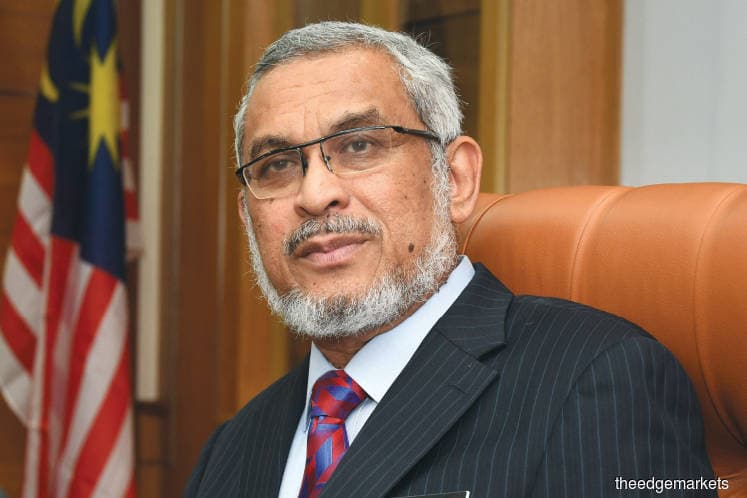
This article first appeared in The Edge Malaysia Weekly on August 12, 2019 - August 18, 2019
THE conflict from the multiple hats worn by Yayasan Wilayah Persekutuan (YWP) and other state-run foundations in Malaysia is not new. The spotlight on the issue, however, is recent.
And there is no time like now to address that conflict.
To be fair, YWP and other foundations could be doing good charitable work that benefits the poor and underprivileged. Their aid could make a difference for the people helped in their hopes for a better future.
However, in pursuit of those goals, these foundations have been doing business and have become business owners and operators.
By extension, so have the politicians, elected representatives and government officials who have been appointed to their boards and management for so many years.
It is never a good idea for public servants and elected officials to wear the business-owner hat in addition to their regulatory responsibilities.
That way lies conflict of interest and possible corruption. When a business entity has direct access to public officials who make decisions on such matters as licensing and other types of approvals, the playing field inevitably becomes uneven for other genuine entrepreneurs.
Indeed, conflict of interest is the second biggest cause of corruption in Malaysia, according to an analysis of 20,000 complaints received by the Malaysian Anti-Corruption Commission (MACC) between 2013 and 2018.
The analysis was published in the National Anti-Corruption Plan 2019-2023 (NACP) released by the Prime Minister’s Department.
According to the paper, conflict of interest is responsible for 33.12%, or a third of corruption incidences, just behind administrative failure at 36.43%.
The third most common cause is weak internal control and compliance at 18.97%, followed by lack of transparency at 6.45%. These four factors combined account for more than 80% of the complaints analysed.
The findings of the analysis show precisely why the arguments put forward by the defenders of the existing setup involving YWP and other state-run foundations do not hold water.
In an interview with The Edge, Federal Territories Minister Khalid Samad responded to the question of potential conflict by saying that increased transparency is sufficient to address the concern.
That includes affected board members recusing themselves from discussions and meetings that could give rise to conflicting interests as well as timely disclosures of their potential competing interests.
But here’s the thing: Why should we ask politicians and public officials to jump through hoops this way when it would be so much simpler and easier if they just walked away from these entities and left the charity work to other people?
There are many ways to monitor such work and ensure proper expenditure of the funds without having to sit on the board of these foundations. Minority shareholders of public-listed companies can certainly teach politicians a thing or two about that.
It is worth stressing that addressing this kind of conflict has, in fact, been promised multiple times by the Pakatan Harapan (PH) government. But such promises remain unfulfilled thus far.
In its election manifesto, PH had promised not to make political appointments to government-linked companies. Yet Selangor and Penang — at least — have continued to appoint political leaders to state-owned companies, according to research published by the Institute for Democracy and Economic Affairs last September.
Even in the NACP, action has been promised on the matter. As part of the initiatives to strengthen political integrity and accountability, the NACP promised:
“To introduce a clear policy on refraining political interference in making decisions over the removal and appointment of the chairman /board of director/CEO of all statutory bodies, state-owned enterprises (SOEs) and government-established company limited by guarantee (CLBG).”
The NACP went on to say that this particular policy will be led by the Prime Minister’s Department and be in place by December this year.
The politicians currently sitting on these state-run charities and their business arms should take note and make a move before they are forced out — by December or in the next general election.
Save by subscribing to us for your print and/or digital copy.
P/S: The Edge is also available on Apple's AppStore and Androids' Google Play.